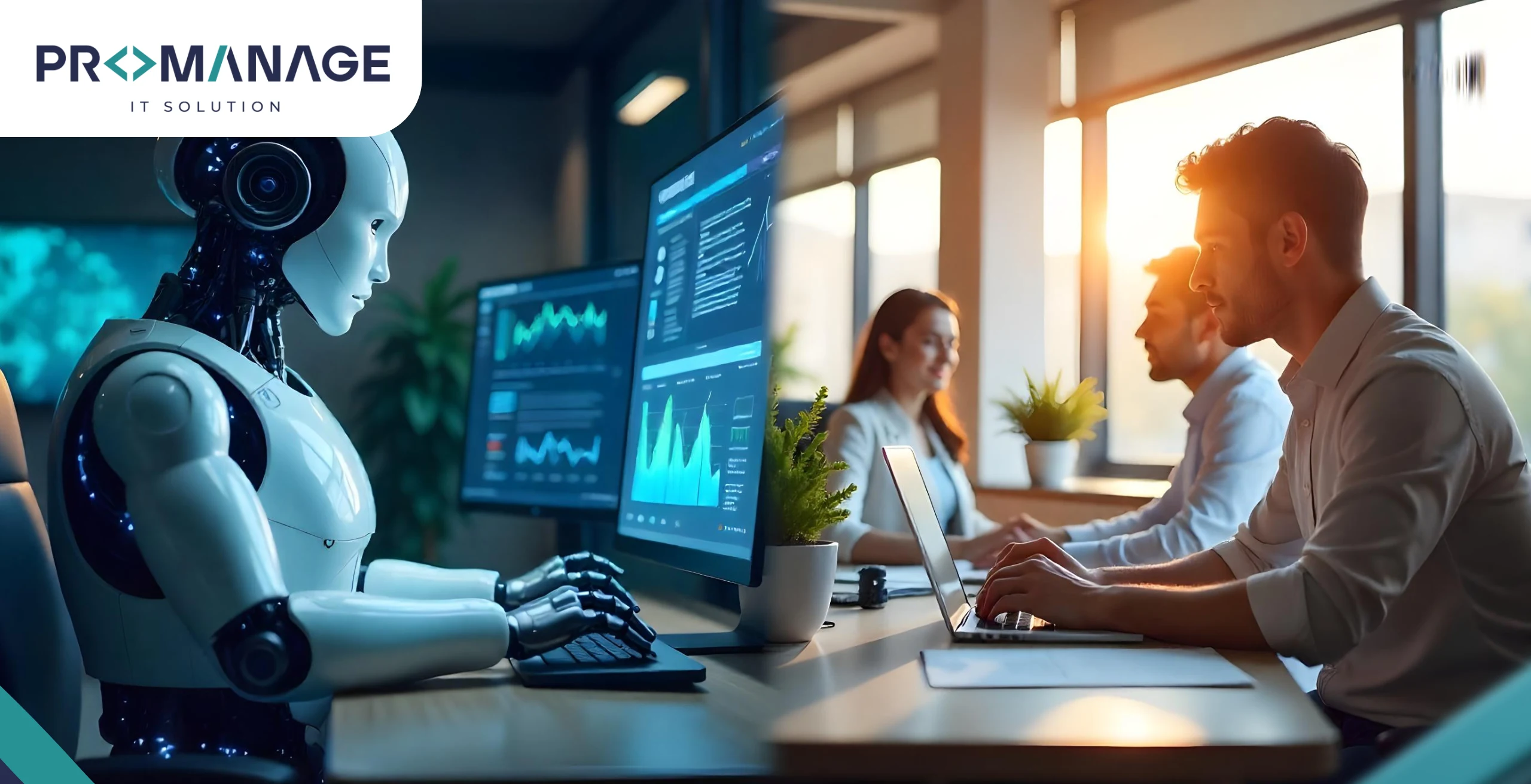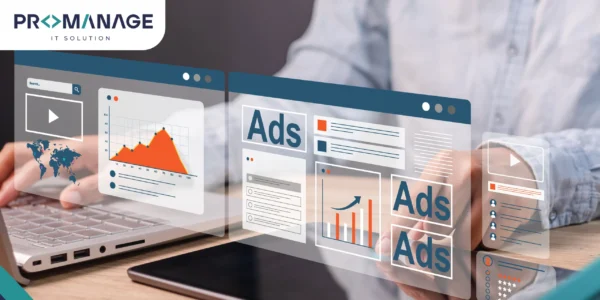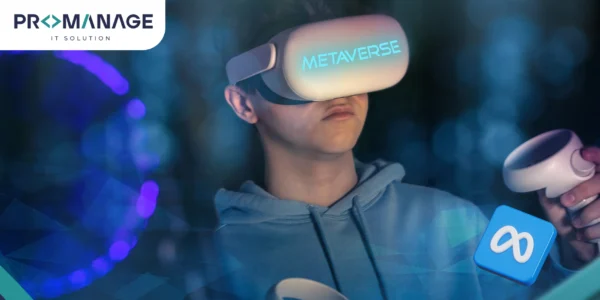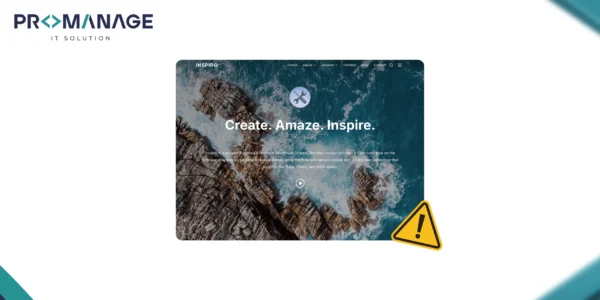AI vs SEO: What Actually Drives Leads and Revenue in 2025

Every week, LinkedIn is buzzing with posts declaring that “AI has killed SEO.” Maybe your CEO forwards you one, or a client nervously asks if ChatGPT will wipe out their traffic overnight. The noise is loud. But when we look beyond the hype and dig into data that actually matters for business growth, the story looks very different.
Yes, AI-driven platforms like ChatGPT, Perplexity, and Gemini are rising. Yes, Google has introduced AI Overviews that affect search results. But here’s the reality: Google organic search is still the single biggest driver of traffic, leads, and revenue for most businesses.
This isn’t about ignoring AI. It’s about perspective. AI is changing the search landscape, but the fundamentals of SEO remain the backbone of digital growth.
AI Search Isn’t Replacing Google Anytime Soon
Let’s start with the numbers.
- For most websites, AI-driven search traffic accounts for less than 1% of total visits.
- Google still processes 14 billion searches daily, while ChatGPT handles around 2.5 billion prompts (and not all prompts are even true “searches”).
- Organic search volume on Google actually increased 20% from 2023 to 2024. This is something stronger than ever before.
So when someone says that “SEO is dead”! The facts don’t support it. What’s really taking place is this: Google remains dominant! On the other hand, AI platforms are experimenting with new ways to deliver answers.
Why the Panic About AI Search?
The anxiety comes from visible changes.
- Google’s AI Overviews now appear in over half of search results.
- Bloggers and publishers are reporting lower click-through rates when AI answers appear on top.
- Some content types: How-to guides. FAQs. Simple informational pages. These are more likely to appear in AI summaries without a click-through.
But here’s the refinement: This isn’t traffic shifting away to ChatGPT or Perplexity. It’s still happening inside Google’s ecosystem. And for deeper content, product research, and decision-making queries, users continue clicking organic listings.
Translation: AI is changing click patterns, not replacing SEO.
Industry Differences in AI Impact
Not every business feels AI’s effect the same way.
- Educational tech platforms and simple software tools may see more zero-click answers.
- Local businesses could notice shifts as voice-driven AI searches grow.
- In-depth analysis, strategy guides, and complex content still perform well, since AI snippets can’t replace the full context.
For example, an FAQ about “What time is O’Hare busiest?” might get answered directly in AI, but a guide on “How Chicago families can plan stress-free airport parking” still drives clicks.
The key? Content that goes beyond surface-level answers still attracts users.
The Numbers Don’t Support “AI First” Strategies
Many marketers are scrambling to pivot everything toward AI optimization! Trying to “hack” citation systems, restructure strategies, or build entire campaigns for platforms that currently send almost no traffic.
Here’s the problem:
- AI referral traffic is under 1%.
- Google organic traffic makes up 40–60% of total site visits for most businesses.
- Conversions, leads, and revenue still flow overwhelmingly from Google search, not AI platforms.
Shifting budgets and strategies away from what drives the majority of results just doesn’t make sense right now.
SEO Fundamentals Still Drive Business Growth
Despite all the noise, the factors that drive success on Google haven’t changed.
- High-quality, original content that solves user problems.
- E-E-A-T (Experience, Expertise, Authoritativeness, Trustworthiness) signals that build credibility.
- Strong technical SEO: Clean architecture, fast load times, good mobile experience.
- Smart internal linking and topic clusters that show depth.
- Link signals and authority building through trustworthy mentions.
Even Google’s own leaders have confirmed this. Danny Sullivan, from Google Search, said it plainly: “What you’ve been doing for search engines generally…is still perfectly fine.”
AI or not, good SEO continues to equal good business growth.
Tracking AI Traffic Without Losing Perspective
Here’s a practical approach:
- Track AI referrals in GA4 (ChatGPT, Perplexity, etc.) so you know what percentage they represent for your site. For most, it’s under 1%.
- Follow credible sources that share actual data instead of fear-driven headlines. Analysts like Glenn Gabe have shown repeatedly that the real impact of AI search is tiny compared to Google.
- Don’t over-invest in unproven tactics. Every hour chasing “AI optimization hacks” is an hour not spent on technical fixes, conversion improvements, or content that drives leads today.
AI is worth watching, not worth panicking over.
The Business Metrics That Actually Matter
At the end of the day, your leadership team or clients don’t care about hype. They care about metrics:
- How many leads are we generating?
- How much revenue is organic bringing in?
- How are we staying competitive?
And the answers are clear. For most companies, Google organic search still drives the majority of qualified traffic and conversions. AI platforms might bring in small slices of highly engaged users, but not at a scale that moves revenue.
That’s why the most effective strategy is to:
- Keep SEO fundamentals strong.
- Use AI where it makes sense (content drafting, idea generation, research).
- Monitor AI traffic growth without shifting major resources yet.
Positioning AI as Evolution, Not Disruption
Clients and executives need clarity, not panic. The right message is simple:
- AI search is enhancing! But it’s not replacing Google.
- The businesses that succeed are the ones doubling down on SEO best practices today! Also, preparing gradually for future AI integration.
- Since AI currently delivers <1% traffic! It doesn’t deserve 50% of the marketing budget.
Look at AI as a new layer of search! Not a replacement. By concentrating on quality SEO today! You’re already better positioned for how AI search will grow tomorrow.
Building Lasting Value Through SEO
The real winners aren’t the ones chasing hacks! They’re the ones building long-term value:
- Websites that answer real user intent.
- Brands that showcase expertise and authority in their industries.
- Businesses that invest in technical health, usability, and trust signals.
These are really the same things Google rewards today, and that AI platforms are starting to lean on for citations.
So it doesn’t matter where the traffic comes from: Traditional organic listing or a future AI-powered summary. Your investment in quality content and SEO fundamentals pays off.
Final Word: Focus Where Results Come From
Yes, AI is changing search. Yes, you should monitor it. But no SEO is not dead.
The facts are clear:
- Google still delivers the overwhelming majority of traffic, leads, and revenue.
- AI referral traffic is under 1% for most websites.
- The fundamentals: Content quality, technical SEO, and authority building remain your best bet for growth.
The smart play isn’t to abandon SEO for AI hype. It’s to keep your strategy balanced: invest most of your energy in Google organic search that drives results today, while staying aware of AI’s evolution for tomorrow.
That’s how you beat the hype, keep growing leads, and continue generating real business revenue.













SEO Team Lead
Preeti is a skilled SEO Team Lead passionate about boosting organic traffic and improving search rankings. She leads with data-driven strategies to help businesses grow online effectively.